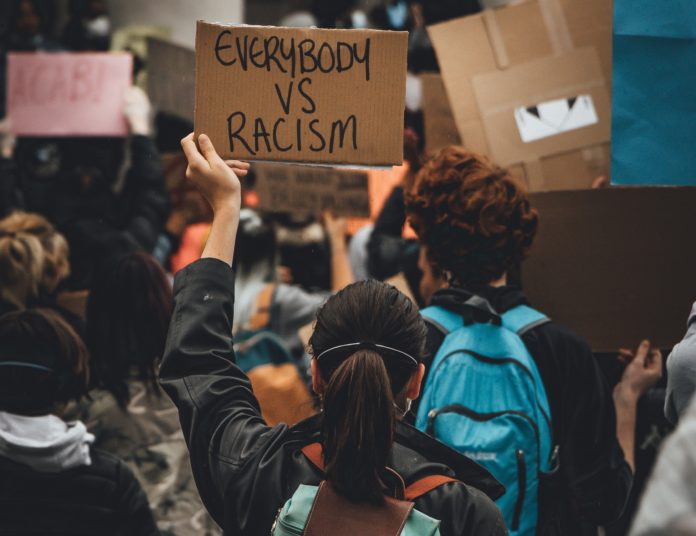
I didn’t come to properly understand racism until just last year when I read White Tears/Brown Scars by journalist and researcher Ruby Hamad.
In a nutshell, the book details the history of colonization and how its success depended on violating women of colour.
Hamad makes the gore of mass subjugation unmissable. There are pages upon pages explaining how the torture, rape and humiliation of women of colour were tools used to eradicate their dignity and thereby justify their dehumanization.
The children of these women were noted as non-human by relation. The oppression of entire races was viewed as morally justified.
Hamad then explains how the stereotypes designed to invalidate the experiences of women of colour — which phrase all their thoughts, feelings and beliefs as personal faults rather than natural human experiences — amplified the degradation of their personhood.
Finally, Hamad reveals how these stereotypes persist in society today and how the ideology of oppression is intact and thriving.
I had several reactions upon finishing this book. The reactions are still unfolding; they will likely unfold my whole life.
I felt traumatized at how bodies like mine had been used; their rape wielded to enslave entire races.
I felt crassly powerful knowing that I symbolized so much; my mere existence and all my feats felt like rebellion on a historical scale.
I grew conscious of the ways in which friends, acquaintances and strangers behaved towards me in accordance with the stereotypes historically meant to demean women of colour like me. These interactions are so socially acceptable that people have no idea they wield these racist tools.
If I were to list examples of these interactions in my life, they would appear trivial. They include being harangued for not drinking, given lectures for not “dating;” being perceived as sensitive, aggressive or illogical when I respond; having to painstakingly justify my views and values for them to be accepted; having to fight tooth and nail to be recognized for my work.
The way I understand these experiences is that I am not treated well when I don’t promote Western norms. For example, if I say I don’t drink because it’s not a part of my culture, I am met with insistence that I try getting drunk. If I say I don’t drink because my family has a history of alcoholism — which is a lie I’ve told to spare myself — I am left alone.
So the problem is not my experiences themselves, but my refusal to phrase them in a way that appeases Western norms. I am not supposed to be ethnic; I am supposed to look ethnic and act Western.
Any tension created from these interactions makes me unflattering. It is socially established that I am the one at fault for any unpleasantness.
Does this not look like the epitome of the stereotypes used to control women of colour, where the act of living is cause for blame?
It is a complicated question to answer. It is embroiled in subjectivity — the verdict requires a personal interpretation of the context and the people involved. Anything subjective is easy to dismiss as unreliable.
But I am convinced that this is a new language of racism. It exists in actions, not explicit words. It does not need objectivity, just efficiency. It does not require intent, just results. It disguises itself with subtlety, and makes itself clear by selecting women of colour. Its detection requires intuition and reflection.
This is a hard concept to grasp given that, in school, we learn racism in objective terminology. We learn neat definitions for discrimination, prejudice, biases and stereotypes that we feel we can easily refuse to participate in.
We don’t learn what it actually looks like. We don’t learn its history. We don’t learn how to dismantle the Western supremacy that has built the parameters of our society. The very act of living in those unjust walls sustains the system.
For me, to end racism requires active unlearning. It must be understood from scratch, with awareness of the history from which it came. Only then can the nature of its existence in our society today be identified and snuffed out.
We can’t fight racism if we don’t understand it.
